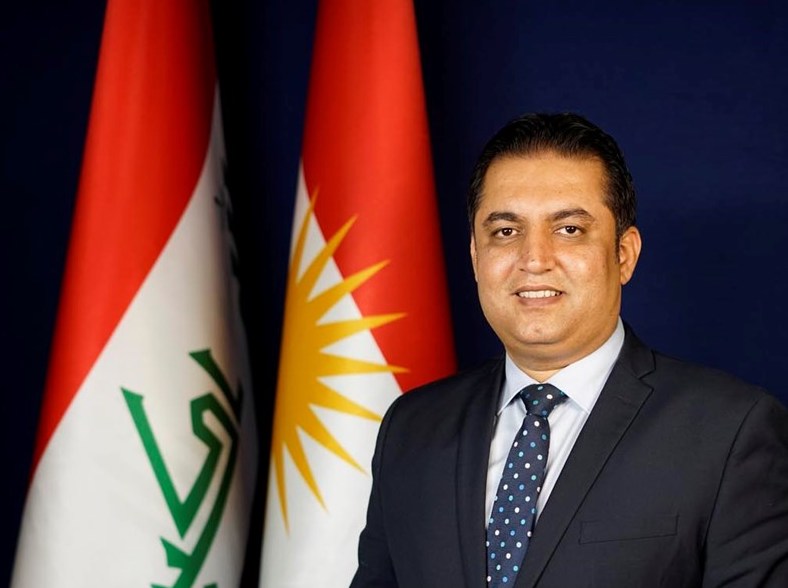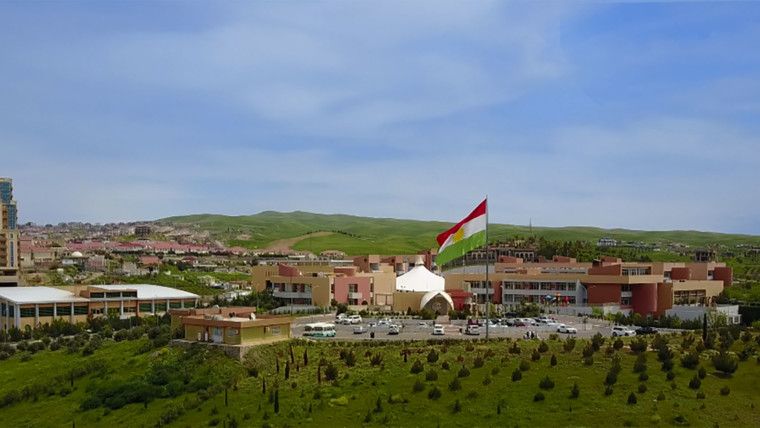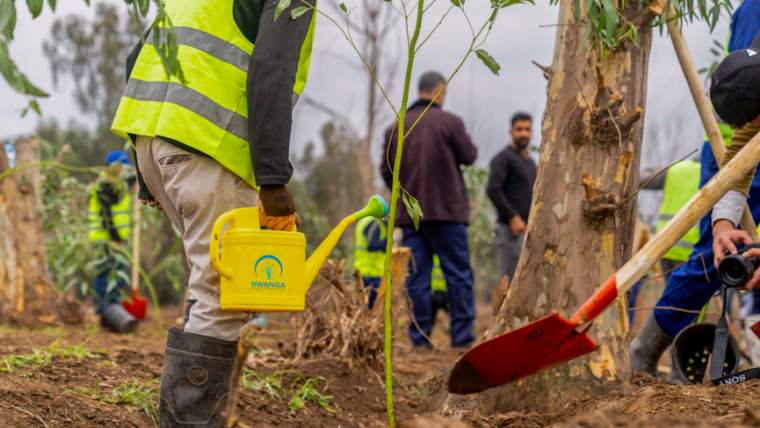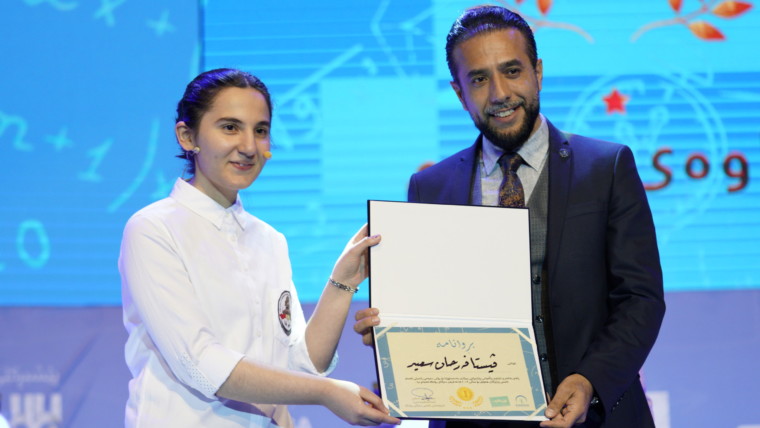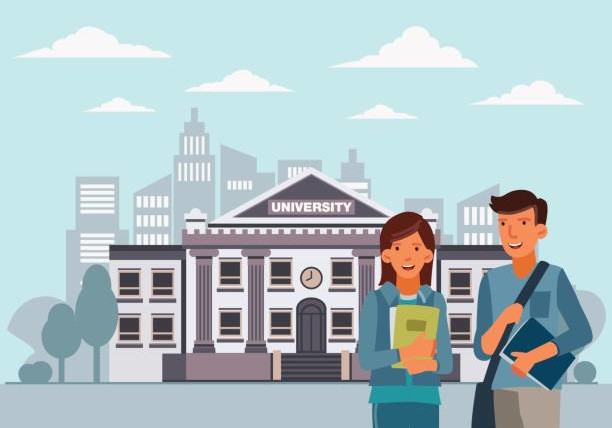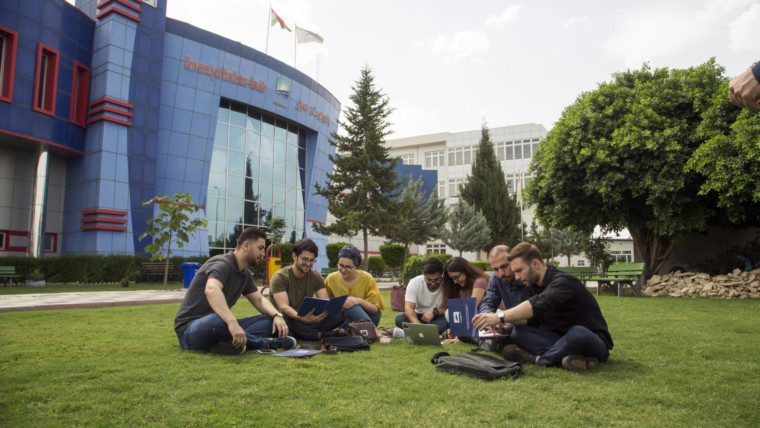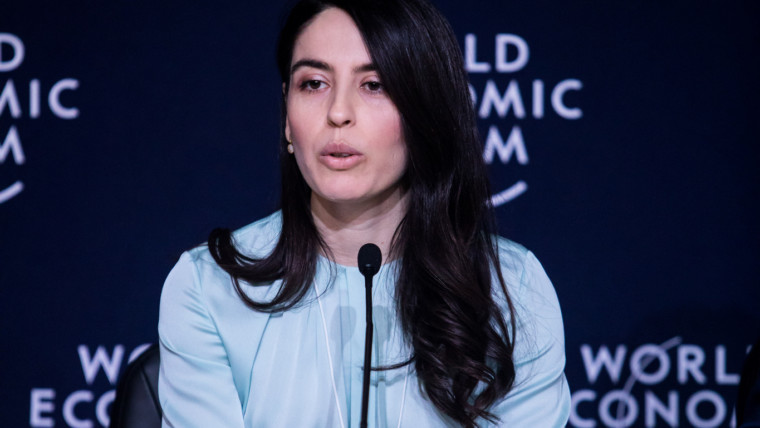KRG Minister of Education Alan Hama Saeed Salih on the KRG’s education vision, and the Ministry’s top priorities and key projects for 2020.
What is the KRG’s education vision?
Education affects the future of the entire population. It is essential to ensuring a strong workforce, and in turn a resilient economy. Thus, education has been prioritized by the KRG. Our vision is to nurture a qualified, connected, tolerant, and democratic generation that will allow Kurdistan to reach its full potential.
We have drafted a law to modernize Kurdistan’s education sector and realize our vision. We will give our students the best start in life, improve their skills, and meet their ever-growing demands. Therefore, we are always looking at how we can improve the curriculum and adapt it for the rapidly changing conditions of the world.
Our vision is to nurture a qualified, connected, tolerant, and democratic generation that will allow Kurdistan to reach its full potential.
Alan Hama Saeed Salih, Minister of Education
Our educational vision is also based on promoting democratic values and tolerance. On the opening day of the education year, the PM Masrour Barzani told our students to love each other regardless of their ethnicity or religious background. The PM’s words reflect our vision of educating a tolerant, peaceful, democratic generation.
What are the priority areas for the Ministry of Education in 2020?
We will start a series of reforms to improve education in the Kurdistan Region of Iraq (KRI). Our main priority is to meet new educational demands and improve quality. Currently, the KRG allocates around 16% of its budget to education. Our aim is to better utilize the funds that have been allocated to the education sector.
We need to guarantee that students are being taught how to use various new technologies. Therefore, we are also working on digitizing our education by obtaining the necessary technologies.
Alan Hama Saeed Salih, Minister of Education
We need to guarantee that education is of a high standard in the KRI. There are 6,800 primary and secondary schools in the KRI. We will update the infrastructure of these schools in the next four years. We will also develop teacher training programs to ensure that our educators are highly qualified. There are around 130,000 teachers in the KRI, and it is important that they are all held to higher standards. Music, art, sports and other recreational activities spur innovation. Thus, we will incorporate more cultural and recreational activities into the education system.
We need to guarantee that students are being taught how to use various new technologies. Therefore, we are also working on digitizing our education by obtaining the necessary technologies.
What is your formula for combining technology and education to prepare students for a digitally focused world?
The digital revolution is changing the nature of education globally. So, our education system needs to evolve in accordance with the digital age. We have already started to implement a digital learning solution in Kurdistan. We are working on integrating technology into the curriculum to change the model of learning and to better enable students’ access to learning.
We have four key projects aimed at combining technology with education.
The first project is related to e-learning, and has one of the biggest budgets in the KRG. Through this project, we will bring all schools into the system, and 4,000 have already been integrated. We have also entered the 70% of the data needed for e-learning programs. We will finalize this project in four months.
Our second project is related to smart learning. In this project, we will upload all courses to the system. Students will be able to download the courses in pdf and multi-video format. Using this system, students can test themselves and ask questions about any parts of the subject that they don’t understand. The teachers will reply online. We announced this project in November 2019. Currently, 18,835 students use this system daily. This number will increase when we upload more courses. Our teachers will also use this project to improve their skills. We will create an app so that students and teachers can upload the app on their phone and use it offline.
The digital revolution is changing the nature of education globally. So, our education system needs to evolve in accordance with the digital age. We have already started to implement a digital learning solution in Kurdistan.
Alan Hama Saeed Salih, Minister of Education
Our third project is related to bringing more transparency to university entry exams. In just 28 days, we have already finalized some stages of this project. Any student who queries their exam results can access the system via fingerprint and can check each of the answers to every question, making the entry exam results much more transparent and accurate. As such, our model has become more interactive and our assessments more accurate. Before this project, over 19,000 students had disputed their exam results. After the project was initiated, we reduced that number to 430. This project is unique to Iraq and even broader the Middle East.
The fourth project is related to setting up a four WhatsApp numbers. Any student who has any complains or recommendations on anything related to their education will be able to reach us, and our teams will get in touch with them immediately.

